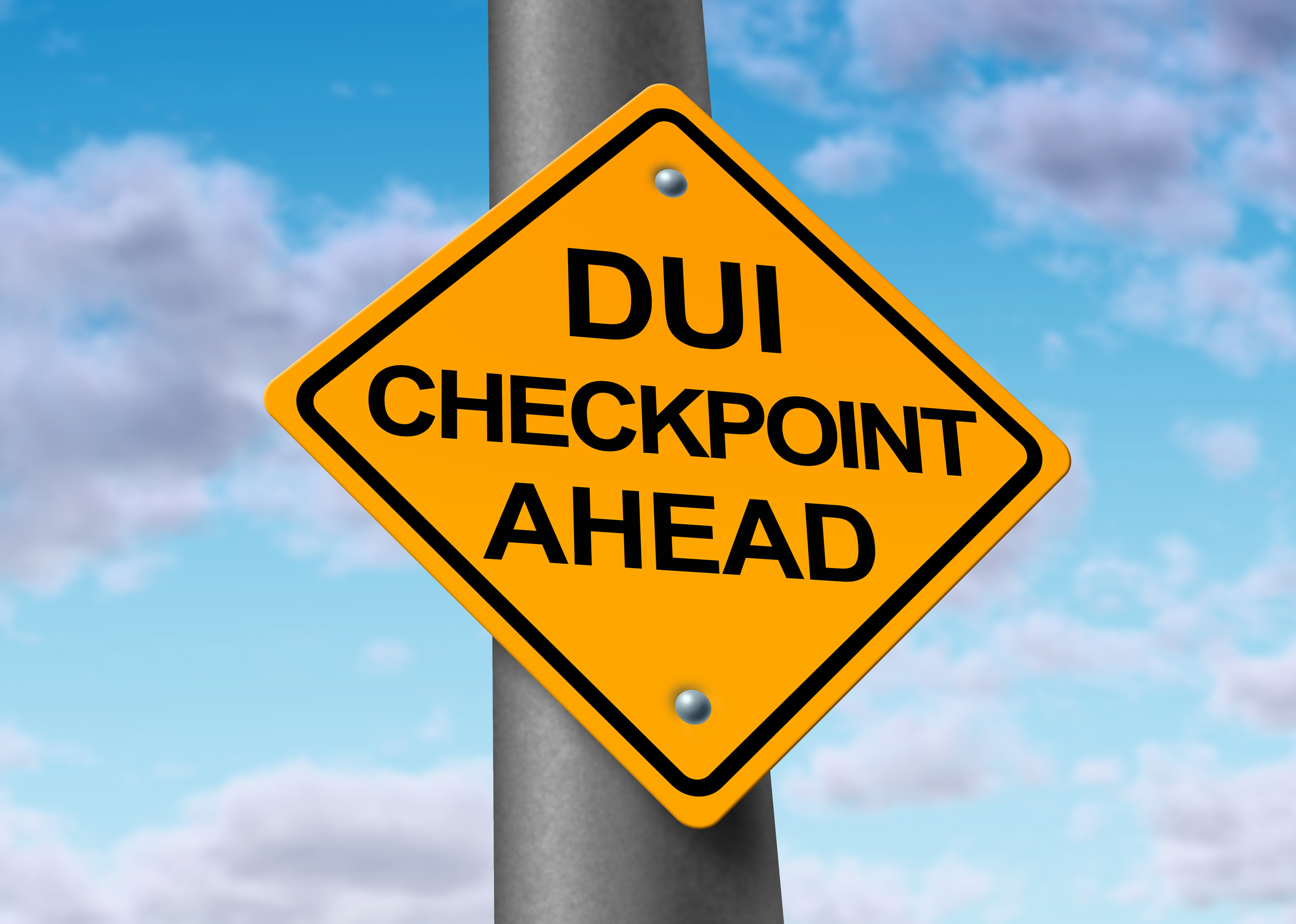- Tarrant County doesn’t provide information to the general public about active warrants
- You will have to ask an attorney or licensed bail bond company to search on your behalf
- You can also request a copy of your criminal record through the Texas Department of Public Safety
If you’re worried about a warrant for your arrest – or a friend or family member’s arrest – in Tarrant County, your search will probably involve an attorney or bail bond company.
Tarrant County states:
“It is not the policy of the Tarrant County Sheriff’s Office to release criminal warrant information to the general public.”
The county states that it will only provide warrant information to licensed bondsmen, attorneys, or law enforcement agencies.
How Do I Find Out if I Have a Warrant in Tarrant County?
Tarrant County publicly posts its “most wanted criminals” on billboards or in the courthouse, but they do not publicly post warrants.
If you’re looking for a warrant – whether for yourself, a friend, or a family member – you will likely need an attorney to find as much information as you can about the outstanding warrant.
Municipal courts and Justice of the Peace courts provide more access to searching for warrants, likely because those cases involve paying fines, and the courts want to make it easier for the general public to handle their Class C citations.
READ MORE: How to get out of jail in Tarrant County
Ask Your Lawyer
If you already have an attorney, he or she will help you search for outstanding warrants. This will be the easiest option. If you don’t have a lawyer and are worried about warrants, contact us for a free consultation. We can help.
Michael & Associates is a criminal defense law firm that defends clients against DWI, assault, theft, drug possession, and all other criminal charges in the Austin area. Get a free case review today.
Call a Bail Bond Company
Most people aren’t aware that bail bond companies will often run a warrant check for free, hoping they can get your business if a warrant arises. This will save you time searching, and you don’t have to worry about finding someone else to call on your behalf. It will also save you the money you’d have to pay for a third-party service.
READ MORE: How much is bail in Tarrant County
Third-Party Websites
Several third-party websites will help you search for warrants. However, most of these sites charge a fee for their assistance and won’t disclose the cost until you’ve wasted time entering your personal information. There’s also no way to know whether the services’ information is accurate.
Third-party services include CriminalRecords.com, TruthFinder, and reviewpublicrecords.com.
Request a Copy of Your Criminal Record from DPS
You can request a copy of your criminal record through the Texas Department of Public Safety (DPS) website or by email at [email protected].
However, some information may be redacted, and receiving it could take several weeks.
Tarrant County Justice of the Peace Court 1 website
The Tarrant County Justice of the Peace website allows you to check for active warrants. However, this only specifically includes active warrants in Court 1, and only for misdemeanor offenses. Search at access.tarrantcounty.com.
Tarrant County Sheriff’s Office
You can visit the Warrant Division in person at 200 Taylor St, 6th floor, Fort Worth, Texas 76102 to see if there are court records involving cases against you, but this is less than ideal because if one turns up, you’ll likely be arrested on the spot without having time to speak to an attorney.
Sealed Warrants
Certain warrants may not be made accessible to the public. Warrants can be sealed for several reasons, including to protect the identity of minors or due to ongoing investigations. This can include:
- Juvenile warrants: Arrest warrants involving minors are often confidential to protect their identities.
- Witness protection cases: These warrants may be kept confidential to ensure witnesses’ safety.
- Sensitive investigations: If an investigation involves a sensitive topic, such as a sexual case, warrants may be sealed to protect the investigation.
- Medical or mental health issues: If someone is suffering from medical or mental health issues, warrants may be sealed to protect their privacy.
READ MORE: How to find an inmate in Tarrant County
Types of Warrants and What They Mean
Warrants serve different purposes, and there are several different types:
- Arrest warrant: This is a written order from a magistrate or judge. It is issued when a law enforcement officer produces an affidavit showing that an individual is believed to have committed an offense. As the name suggests, an arrest warrant authorizes the police to arrest a suspect and take that person into custody.
- Bench warrant: This is a court order to arrest a defendant who hasn’t appeared for a scheduled court hearing. Bench warrants are issued to the police to arrest a person and bring them to the court.
- Blue warrants: These are issued for parolees suspected of violating one or more of their parole terms.
- Capias: These are issued by a judge or a clerk on a judge’s order. They’re similar to arrest warrants, but a capias is issued after the case against you has started – after bail has been set or before a trial begins. A capias may also be issued if a verdict is announced when the defendant is absent.
- Capias Pro Fine: These are issued after a judgment to enforce the payment of unpaid fines and court costs. You are not able to post bond on a capias Pro Fine.
- Child support arrest warrant: A judge or magistrate issues these in civil child support cases when a parent fails to appear in court for a child support hearing. You will be detained until all court-ordered payments have been made.
- Failure to pay warrant: This means you owe a fine, court fee, or other payment ordered by the court.
- Search warrant: This is an order from a magistrate authorizing a law enforcement officer to search someone or their property and seize incriminating material as evidence.
More Commonly Asked Questions
Do Warrants Expire in Tarrant County?
No. Once a warrant is issued, no statute of limitations exists. They will remain active until one of two things happens:
- You’re arrested
- A judge revokes the warrant
- Your case is disposed.
This means you cannot wait for a warrant to expire. If it involves paying a fine or fee, your best bet is to resolve it quickly. Contact an attorney to review your options if it’s an arrest warrant.
How Do You Resolve an Arrest Warrant in Tarrant County?
If the warrant involves a municipal court or justice of the peace , you may be able to pay the warrant or seek alternative methods to resolve your citation.
However, dealing with an arrest warrant gets more complicated, and there are a few ways to resolve it. They include:
- Turn yourself in and post bail
- Have your lawyer attempt to have the warrant withdrawn
- Have your lawyer post bond on your behalf
Don’t turn yourself in until you’ve discussed your case with an experienced criminal attorney. They will review your options and let you know the potential ramifications of turning yourself in.
More Tarrant County Resources
How much is bail in Tarrant County?
How to get someone out of jail in Tarrant County




